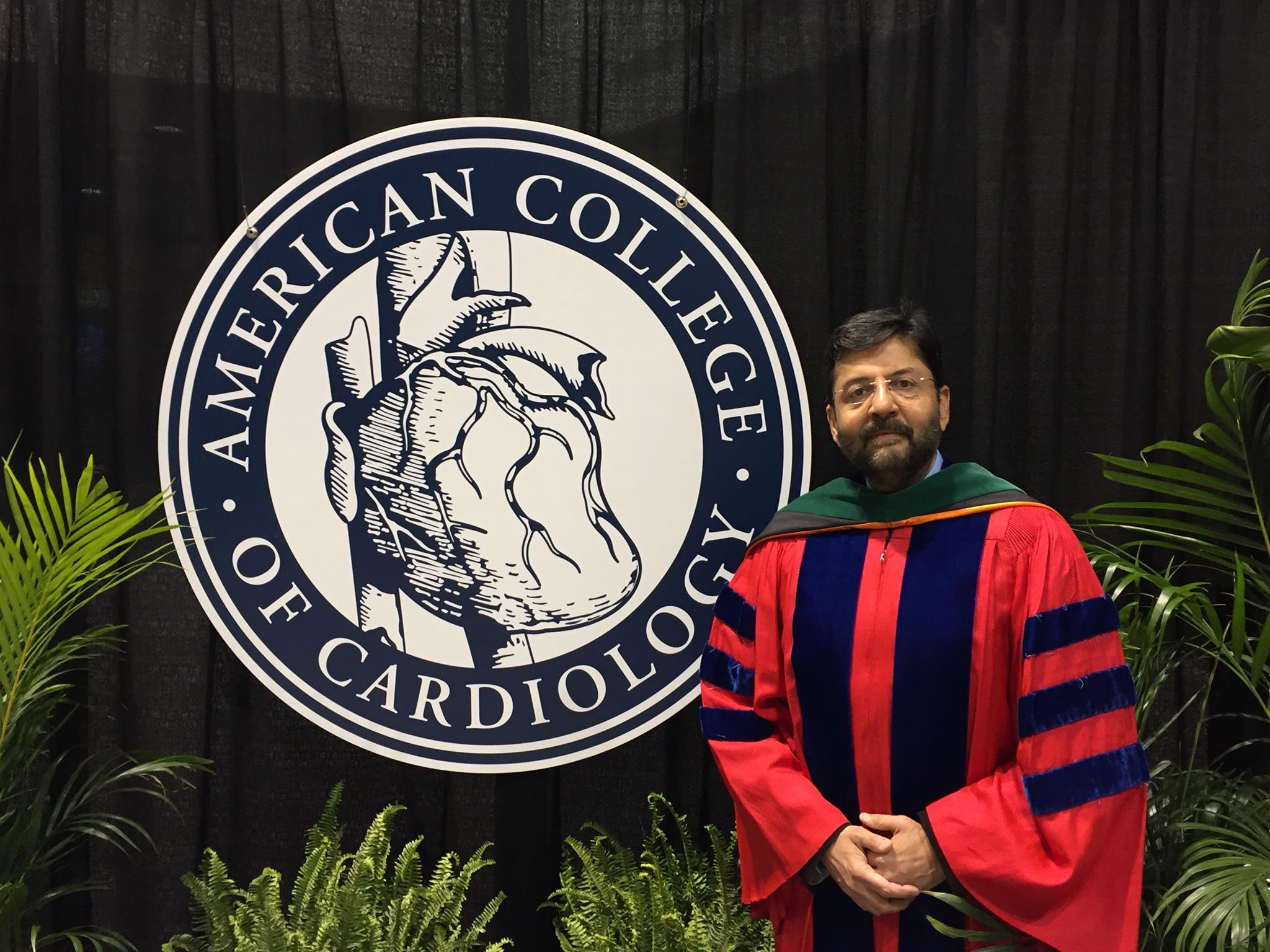Understanding Cholesterol
Hello, I’m Dr. Milan Chag, a cardiologist at Marengo Asia CIMS Hospital in Ahmedabad, and today I’d like to talk about cholesterol, one of the key factors affecting heart health. In India, where traditional diets are rich in fats and lifestyle habits are changing rapidly, understanding cholesterol is more important than ever.

What is Cholesterol?
Cholesterol is a waxy, fat-like substance that’s found in every cell of the body. It’s essential for several important functions, such as producing hormones, vitamin D, and substances that help digest food. But while cholesterol is necessary for your body to function properly, too much of it can cause serious problems, especially for your heart.
Cholesterol travels through your bloodstream attached to proteins. This combination of protein and cholesterol is called a lipoprotein. There are two main types of cholesterol-carrying lipoproteins that you should be aware of:
-
Low-Density Lipoprotein (LDL): Often called “bad cholesterol,” LDL carries cholesterol to your arteries. Too much LDL can lead to the buildup of plaque in the arteries, which can narrow them and reduce blood flow. This increases the risk of heart attack and stroke.
-
High-Density Lipoprotein (HDL): Known as “good cholesterol,” HDL helps remove excess cholesterol from the bloodstream and carries it back to the liver for disposal. Higher levels of HDL can help protect your heart.
Cholesterol and Heart Health
Cholesterol becomes a problem when LDL (bad cholesterol) levels are too high and HDL (good cholesterol) levels are too low. Excess LDL can accumulate in the walls of your arteries, forming plaque. Over time, this plaque can harden and narrow the arteries, reducing blood flow to the heart and other organs. This condition is called atherosclerosis.
In India, diets rich in ghee, butter, fried foods, and sweets can contribute to high cholesterol levels. Coupled with a sedentary lifestyle, this can significantly increase the risk of heart disease, which is becoming more prevalent in young adults.
Causes of High Cholesterol
Several factors can contribute to high cholesterol levels:
-
Unhealthy Diet: A diet high in saturated and trans fats can raise LDL cholesterol. This includes foods like fried snacks, red meat, processed foods, and high-fat dairy products.
-
Lack of Physical Activity: A sedentary lifestyle can lower HDL levels, which is the good cholesterol that helps remove LDL from the bloodstream.
-
Smoking: Smoking lowers HDL cholesterol and damages the walls of the blood vessels, making them more prone to plaque buildup.
-
Obesity: Being overweight, especially with excess fat around the abdomen, is linked to higher levels of LDL and lower levels of HDL cholesterol.
-
Genetics: High cholesterol can run in families. In some cases, a condition known as familial hypercholesterolemia causes very high cholesterol levels from a young age.
-
Diabetes: High blood sugar levels can lower HDL cholesterol and raise LDL cholesterol, increasing the risk of plaque formation.
Diagnosing High Cholesterol
High cholesterol itself doesn’t have any obvious symptoms, which is why it’s important to get regular cholesterol screenings. A lipid profile test is the most common way to measure cholesterol levels. This test will show your levels of LDL, HDL, and total cholesterol, as well as triglycerides (another type of fat in the blood).
Managing Cholesterol: What You Can Do
If your cholesterol levels are high, don’t worry – there are many ways to manage and reduce it. Here are some effective strategies, especially relevant to young adults and the Indian lifestyle:
1. Healthy Eating
-
Choose heart-healthy fats: Replace saturated fats (found in ghee, butter, and fatty meats) with unsaturated fats (found in fish, nuts, seeds, and vegetable oils). Switch to cooking oils like olive oil or mustard oil, and limit fried foods and processed snacks.
-
Eat more fiber: Foods rich in soluble fiber, like oats, beans, lentils, and fruits like apples and oranges, help reduce LDL cholesterol.
-
Limit sweets: Many Indian sweets and desserts are high in fat and sugar, which can raise cholesterol and triglyceride levels. Moderation is key.
-
Include nuts and seeds: Almonds, walnuts, and flaxseeds are rich in healthy fats and can help improve cholesterol levels.
2. Exercise Regularly
Physical activity can raise HDL (good cholesterol) and lower LDL (bad cholesterol). Aim for at least 30 minutes of exercise most days of the week. This can include walking, jogging, cycling, or even dancing – anything that gets your heart rate up.
3. Maintain a Healthy Weight
Being overweight, especially around the waist, can increase your risk of high cholesterol. Losing even a small amount of weight can help improve your cholesterol levels.
4. Quit Smoking
Quitting smoking improves HDL cholesterol levels and helps protect your heart from further damage. Smoking cessation also improves overall blood vessel health and reduces the risk of heart attack.
5. Limit Alcohol
Excessive alcohol consumption can raise your cholesterol and triglyceride levels. If you choose to drink, do so in moderation.
6. Medications
In some cases, lifestyle changes alone may not be enough to control high cholesterol. Your doctor may prescribe medications, such as statins, to help lower LDL cholesterol. It’s important to take these medications as prescribed and continue making healthy lifestyle choices.
Cholesterol and Indian Youth
With the rise of fast food and sedentary lifestyles, younger Indians are increasingly at risk of high cholesterol and related heart diseases. Often, it’s easy to overlook the dangers because high cholesterol doesn’t cause immediate symptoms. However, early detection through regular health check-ups and making simple lifestyle changes can go a long way in preventing heart disease.
In today’s fast-paced world, many young adults are dealing with high stress levels, long working hours, and unhealthy food habits. All these factors contribute to elevated cholesterol levels, making it vital for younger generations to take preventive measures early in life.
Cholesterol is a crucial part of our health, but keeping it in balance is key to preventing heart disease. By maintaining a healthy diet, staying active, and making informed lifestyle choices, you can keep your cholesterol levels in check and significantly reduce your risk of heart problems.
At Marengo Asia CIMS Hospital, we offer comprehensive cholesterol screenings and personalized treatment plans to help you manage your heart health effectively. Remember, taking control of your cholesterol today can prevent heart disease tomorrow.
Stay heart-healthy,
Dr. Milan Chag
Cardiologist, Marengo Asia CIMS Hospital, Ahmedabad


